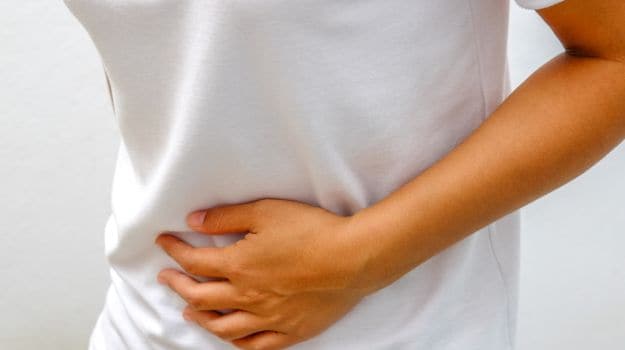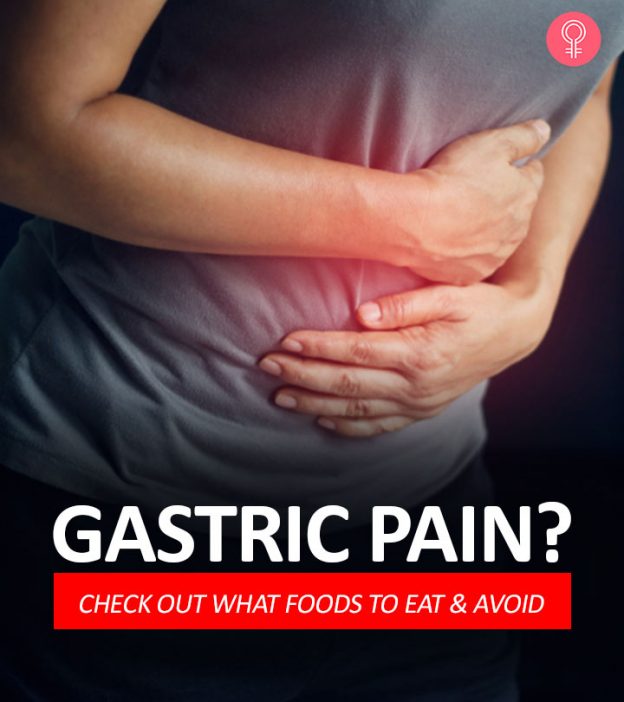Is Lots Of Water Good For Gastritis

- Is Banana Good For Gastritis
- Is Garlic Good For Gastritis
- Water And Gastritis
- Is Ginger Good For Gastritis
- Fruits Good For Gastritis
- Foods Good For Gastritis
This is very helpful to persons who are suffering from gastritis. It also provides adequate amount of vitamins and minerals. If the patient is given only coconut water for the 1 st 24 hours, then his or her stomach could very much benefit from it. This is another good remedy for acute gastritis.
- Apples, Berries, Onions, And Celery. To halt the progression of an H. Pylori infection, bring in.
- Gastritis isn’t contagious, but the bacteria, H. Pylori, can be contagious via the fecal-to-oral route. Good hand washing before handling of foods and good proper sanitation-sewer water lines are first line of defense against spread.
- Eat lots of dark leafy greens, broccoli, whole grains, and garlic. To follow the gastritis diet, avoid obvious triggers like spicy or acidic foods, soda, alcohol, and caffeinated beverages that can further aggravate an already inflamed stomach lining.
- Everything you put in your stomach can potentially irritate gastritis. I have made lots of mistakes over the past 2 years dealing with it. Now I know just to keep it simple. Lots of water and a plain diet, including fish, chicken, cereal, rice, applesauce, bread, yogurt, and carnation instant breakfast when I need extra calories. Log in to Reply.
What causes constant trips to the toilet?

As the prostate gland swells, it can put pressure on the bladder, reducing the volume of urine the bladder is able to hold, meaning that you need to urinate more frequently. Additionally, sometimes just moving in a certain way can suddenly increase this pressure, causing a sudden urge to urinate. When you do go, you often find that little actually comes out – because there isn’t actually very much in the bladder to start with.
Why do some men try to cut back on water intake?
After what seems like the millionth bathroom trip that day, the idea suddenly dawns on you – if you stop drinking as much water, there won’t be enough in your bladder to trigger the urge to pee! Right?
Unfortunately, while this seems logical, the opposite is actually true. What you'll probably find is that as you drink less and less the sudden urges to run to the bathroom increase. So why is this, and why might drinking more water be the solution?
Why drinking less water won’t help
As you cut back on water, the urine building up in your bladder becomes concentrated and can begin to irritate the bladder. As a result, the urge to urinate is triggered, even if there isn’t very much in your bladder. However, since there is very little in there, you may notice that when you do rush to the bathroom, very little comes out, and what does is a weak stream.
In addition, this concentrated urine is the perfect place for bacteria to breed, and if you go to the bathroom and experience a weak flow, you might actually end up with some urine still left in the bladder. This can easily lead to a bladder infection, which is not good news!
Why drinking more water can help to reduce your symptoms
Increasing your water intake will lead to less concentrated urine which is much less irritating to the bladder, meaning that it can actually store more urine at once! The increased volume in the bladder means that when you do go, there is more force pushing the urine out, resulting in a stronger stream of urine and a greater chance of fully emptying the bladder.
But drinking more water can have other positive effects. Staying fully hydrated can help to prevent constipation, because it means your body doesn’t need to reabsorb so much from the large intestine. As you can imagine, the prostate sits fairly close to the colon, so a full colon will put extra pressure on the prostate and therefore on the bladder. As a result, constipation is thought to worsen your enlarged prostate symptoms.
So as long as you don’t suddenly start drinking litres and litres, a gentle increase in water intake can really help. Aim for around 2 litres a day, increasing slowly over a couple of weeks.
What else can you do for your enlarged prostate?
If you increase your water intake and find that after a few weeks you’re still rushing to the bathroom too frequently, then cutting down on water again definitely isn’t the answer! Your body needs that water for a huge number of functions, from metabolising energy from food, to transporting nutrients to the brain and muscles. Your kidneys will become very stressed without enough water, which can cause pain, damage and even infection.
Instead, look at other ways of reducing your prostate symptoms while keeping your water intake at a sufficient level.
Increasing your intake of zinc can really help, so eat plenty of pumpkin seeds!
We recommend that you avoid inflammatory foods such as red meat, dairy, alcohol, sugar and refined carbohydrates as these can worsen symptoms.
Instead, eat lots of ‘whole’ foods, like whole wheat pasta, wholegrain bread, brown rice, oats and quinoa, as well as plenty of nuts, seeds and fresh fruit and veg.
Exercise is thought to be beneficial too, with men who exercise more regularly being less likely to develop the condition.
If your water intake isn’t helping your symptoms, then a herbal remedy like our own Prostasan saw palmetto capsules might be a good idea. These capsules are licensed for the relief of enlarged prostate symptoms, and aren’t associated with the negative side-effects that often accompany more conventional treatment methods.
What is gastritis?
Your stomach has a protective lining of mucus called the mucosa. This lining protects your stomach from the strong stomach acid that digests food. When something damages or weakens this protective lining, the mucosa becomes inflamed, causing gastritis. A type of bacteria called Helicobacter pylori (H. pylori) is most common bacterial cause of gastritis.

What’s the difference between gastritis and indigestion?
Gastritis symptoms can mimic indigestion symptoms. Indigestion is pain or discomfort in the stomach associated with difficulty in digesting food. It maty be a feeling of burning between your lower ribs. You may hear indigestion referred to by its medical term, dyspepsia.
How common is gastritis?
Is Banana Good For Gastritis
Acute (sudden) gastritis affects about eight out of every 1,000 people. Chronic, long-term gastritis is less common. It affects approximately two out of 10,000 people.
Who might get gastritis?
Your risk of developing gastritis goes up with age. Older adults have thinner stomach linings, decreased circulation and a slower metabolism of mucosal repair. Older adults are also more likely to be on medications such as nonsteroidal anti-inflammatory drugs (NSAIDs) that can cause gastritis. About two-thirds of the world's population is infected with H. pylori. Fortunately, it is less common in the United States. In the United States, H. pylori is found more often in older adults and lower socioeconomic groups.
What are the types of gastritis?
There are two main types of gastritis:
- Erosive (reactive): Erosive gastritis causes both inflammation and erosion (wearing away) of the stomach lining. This condition is also known as reactive gastritis. Causes include alcohol, smoking, NSAIDs, corticosteroids, viral or bacterial infections and stress from illnesses or injuries.
- Non-erosive: Inflammation of the stomach lining without erosion or compromising the stomach lining.
Is Garlic Good For Gastritis
What causes gastritis?
Water And Gastritis
Gastritis occurs when something damages or weakens the stomach lining (mucosa). Different things can trigger the problem, including:

Is Ginger Good For Gastritis
- Alcohol abuse: Chronic alcohol use can irritate and erode the stomach lining.
- Autoimmune disease: In some people, the body’s immune system attacks healthy cells in the stomach lining.
- Bacterial infection:H. pylori bacteria are the main cause of chronic gastritis and peptic ulcer disease (stomach ulcers). The bacteria break down the stomach’s protective lining and cause inflammation.
- Bile reflux: The liver makes bile to help you digest fatty foods. “Reflux” means flowing back. Bile reflux occurs when bile flows back into the stomach instead of moving through the small intestine.
- Medications: Steady use of nonsteroidal anti-inflammatory drugs (NSAIDs) or corticosteroids to manage chronic pain can irritate the stomach lining.
- Physical stress: A sudden, severe illness or injury can bring on gastritis. Often, gastritis develops even after a trauma that doesn’t involve the stomach. Severe burns and brain injuries are two common causes.
What are the symptoms of gastritis?
Many people with gastritis don’t have symptoms. People who do have symptoms often mistake them for indigestion. Other signs of gastritis include:
- Black, tarry stool.
- Bloating.
- Nausea and vomiting.
- Feeling extra full during or after a meal.
- Loss of appetite.
- Stomach ulcers.
- Losing weight without meaning to.
- Upper abdominal (belly) pain or discomfort.
- Vomiting blood.
Fruits Good For Gastritis
Is gastritis contagious?
Foods Good For Gastritis
Gastritis isn’t contagious, but the bacteria, H. pylori, can be contagious via the fecal-to-oral route. Good hand washing before handling of foods and good proper sanitation-sewer water lines are first line of defense against spread. Many people can develop gastritis after being infected with H. pylori bacteria.